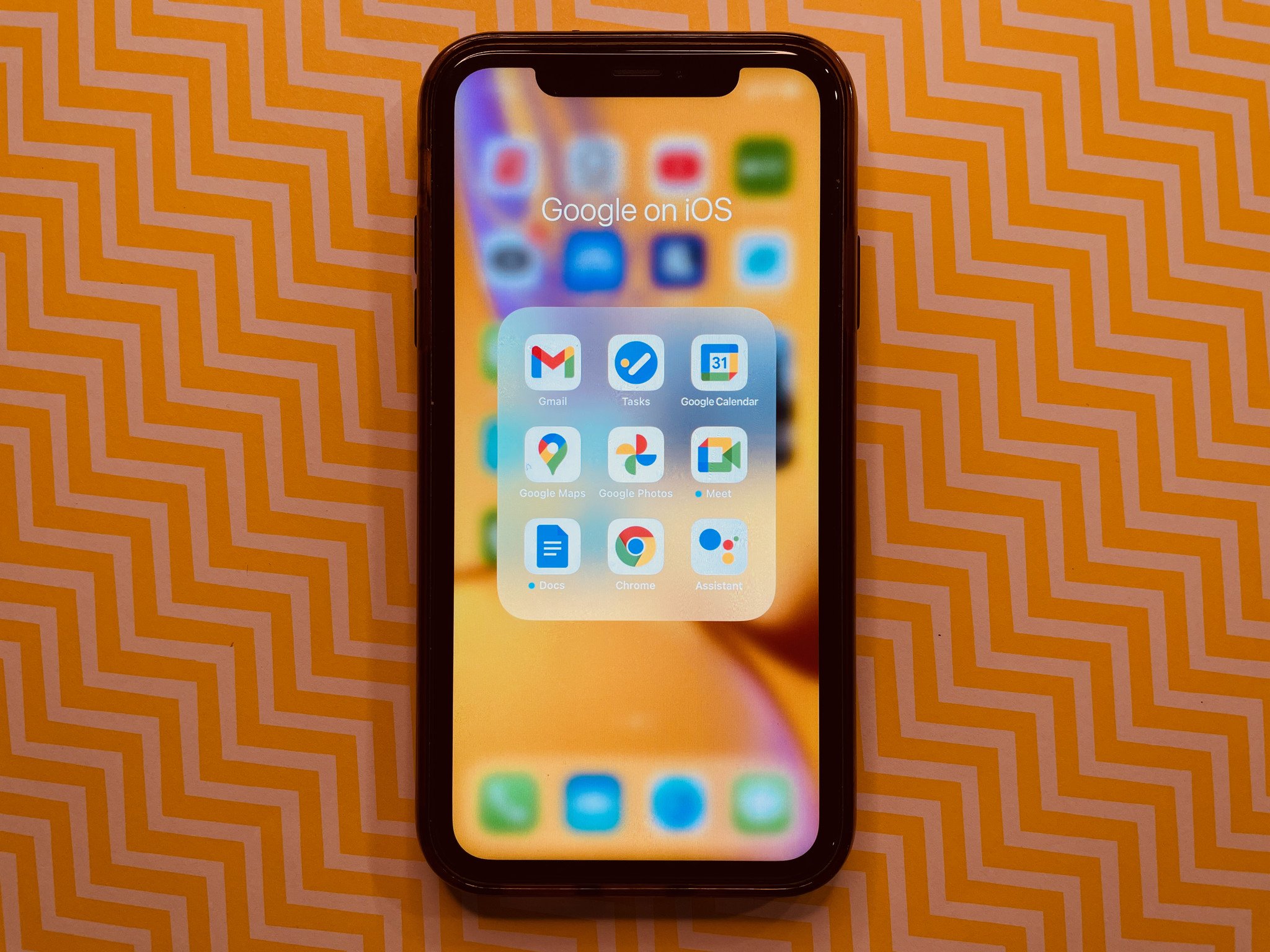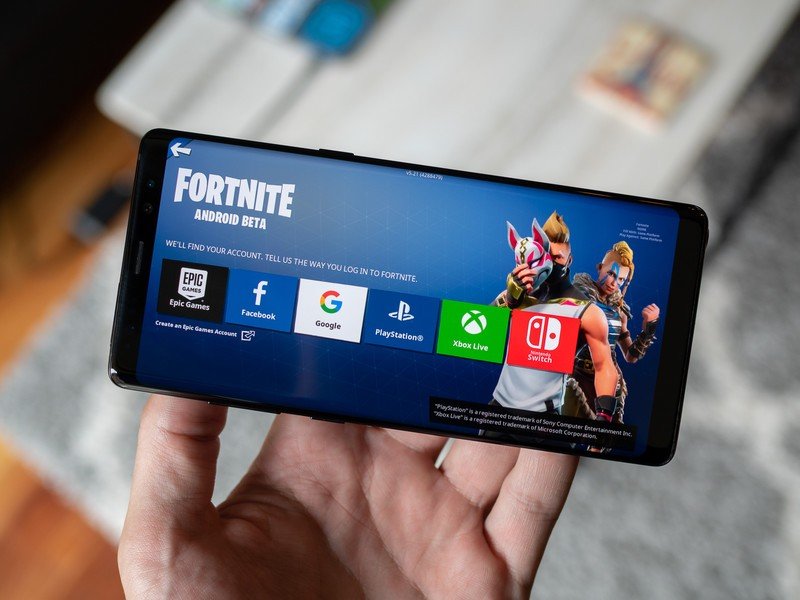Epic is right when it says Google has no incentive to woo iOS users away

Epic Games has amended its lawsuit against Google saying that there is no incentive for the company to lure users away from iOS to Android. What originally started as a slap fight over in-app purchase fees from Fortnite revenue has evolved into a full-fledged courtroom drama between companies that, in my opinion, would be better served to hash things out in a way that doesn't hurt the end-users of either. But that ship has sailed, and here we are.
While Epic isn't shying away from hyperbole, which always makes for some good courtroom drama, saying that Google and Apple are best friends because of the Google Search app, it is correct when it says there is little or no incentive to peel users away from iOS. That's because Google makes just as much money from Apple fans as it does from Android fans when it comes to its core business.
Search is part of it, of course, and I'm not saying Google wouldn't rather have everyone in the world use one of the best Android phones. But Apple and Google are two very different companies that make money in two very different ways.
Apple and Google make money in very different ways.
Apple is a company that builds consumer electronic devices just like Samsung or Oppo. It sells those devices and makes a profit from each sale, again like Samsung or Oppo. For accessories like headphones or cables, that's the whole story. But for things that are a bit smarter, like a phone or a laptop or a TV box, Apple spends money to write software that makes them work. It tries to write software that's better than the competition so that you want to buy its products instead of something similar from the Samsungs and Oppos of the world. Apple does offer services like iCloud, but those are also incentives to make you want to buy its products.
Google does make a few devices of its own, but these are far from the company's money-makers. Google also produces Android, but it gives it away for free. Dell has to pay for a Windows license, but Motorola doesn't have to pay for Android. At least not with money.
Instead, Google gives Android away without the things that make it more usable, which are collectively known as Google's services. These are things like Google Play, Gmail, Google Photos, and the like. So if Motorola, for example, wants to use Android, it can, but if it wants to "license" Android, it has to agree to include a list of Google apps. And these apps are what Google really cares about because that's where it makes the bulk of its income.
When you're an ad company, you can actually make money by giving things away.
Yes, making money from free apps and services is a thing, just indirectly. Google is all about advertisements. Really, Google is essentially just one great big ad company. Yes, it makes incidental income through play store transaction fees or selling Nest Speakers, but Google is an advertiser at the end of the day. Not a phone maker. Not a software company. Not a game streaming company. It's an ad company that wants eyeballs on the internet above all else.
Get the latest news from Android Central, your trusted companion in the world of Android
Apple and Google had a few years where it seemed the two companies were at odds with each other, but it's safe to say that the two are in cahoots and have been since the very beginning — the duopoly is real. The launch event for the first iPhone even had Google's Eric Schmidt on stage with Steve Jobs showing off the YouTube app. You could say that Google's success and Apple's success are very closely tied together. And they still are.

Google has moved on from helping Apple build a YouTube app and now makes apps for all of its services available on iOS, where they are extremely popular. Because the services are so good, most people are willing to share data with Google to get them for free. Google takes that data and bolsters its ad platform, and it's like printing money after that.
Epic's lawyers are only diligent when they claim that sideloading on Android is too hard or that the contract Epic agreed to before Fortnite became the company's cash cow is now unfair. But when it says that Google helps Apple keep its customers happy and there is no incentive to get users to switch to Android. It's not wrong.

Jerry is an amateur woodworker and struggling shade tree mechanic. There's nothing he can't take apart, but many things he can't reassemble. You'll find him writing and speaking his loud opinion on Android Central and occasionally on Threads.
